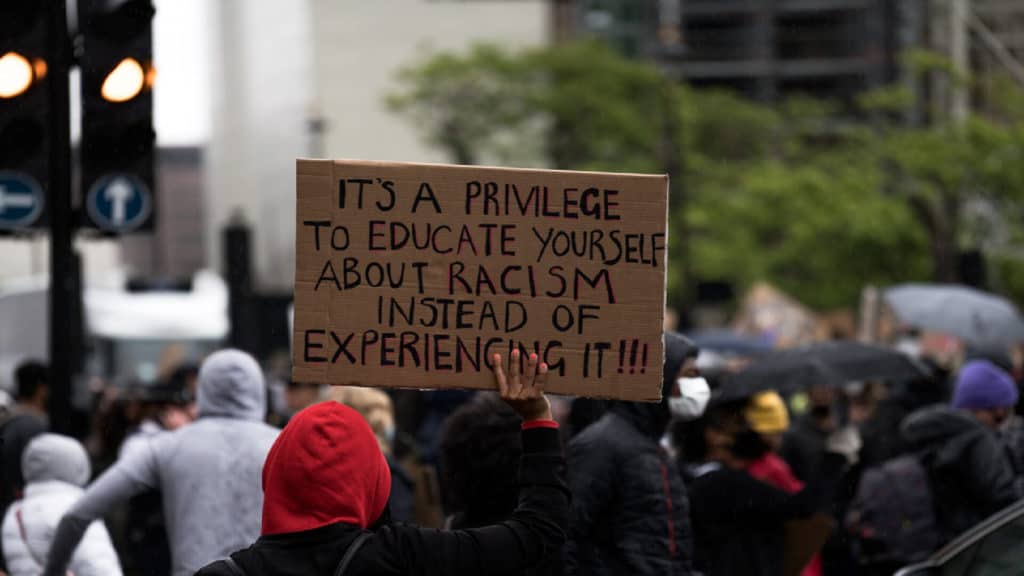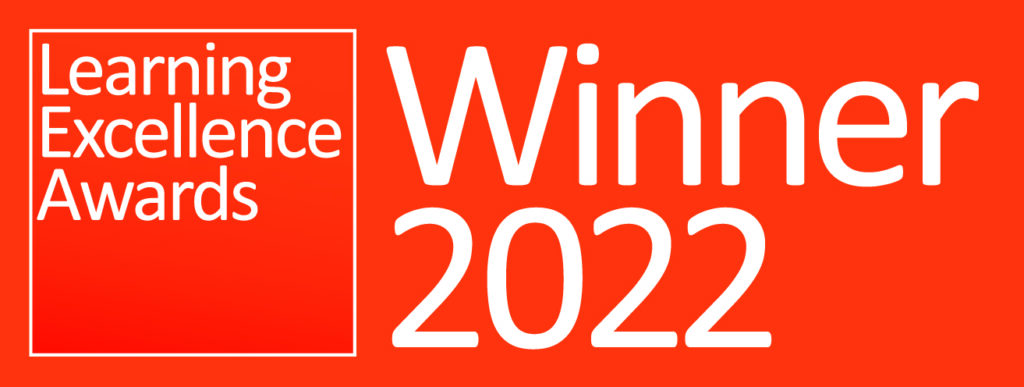
I’m not a racist….but.
I’m not a racist….but.
The five words, that make me cringe – cringe in anticipation of what is coming next.
I recently overheard those exact words on one of the few train rides I have made into London since the pandemic followed by “there are just SO many black people on the tv non-stop now and it isn’t balanced, it’s gone from one extreme to another”. The person with them nodded in apparent agreement, though didn’t make any verbal comments. Sitting with a mask on, a few seats back I struggled with overhearing this conversation.
I made a commitment to myself in 2020 that I would stop being passive and would be much more actively anti-racist and stand up to comments like this. But I didn’t. Perhaps it was the environment or the people making the comments, but I felt deeply uncomfortable and compromised for not standing up and saying something. I was torn between anger and wanting to tell them to simply “shut up and stop being so racist” with also wanting to know on what basis this comment was being made? Non-stop? What does this mean?
That TV has slightly improved representation? It still has a long way to go. I remember just last Christmas the ‘uproar’ over a black family represented around a table having their Christmas dinner in an advert for a supermarket! How is this NOT real?
95% of young Black British people have witnessed racist language in education and often it is dressed up as banter
Justin Smith-Essex Managing Director ted Learning.
They got off at the stop before me and I felt able to relax albeit angry with myself for not challenging this simply unacceptable conversation.
95% of young Black British people have witnessed racist language in education and often it is dressed up as banter or with the excuse, “I didn’t realise it was offensive” or “You can’t say anything nowadays for fear of offending someone”.
So how do we become more actively-anti? Whether it’s about race, sexual orientation, gender, gender identity, disability, or age? How in the workplace do we make sure unacceptable behaviour and comments get more challenged?
We work extensively with organisations around inclusion and diversity training, and this forms a big part of our discussions, having brave conversations and challenging discrimination. We have recently been engaged with North Yorkshire Police to support their Brave Conversations training for their Positive Action Group. It has been such a well-received, honest and engaging experience and we are thrilled to have worked with the Chief Constable and all the team on this project. People were incredibly honest around the challenges they faced in tackling these conversations, but the fact the organisation is having this training demonstrates its commitment.
In any organisation if the person making the comments is more senior or influential it feels more difficult to challenge any negative comments, language or behaviour. So we explore approaching this in a way that feels safe but that it is challenged. If we don’t challenge, we are surely essentially accepting. So if this means discussing with the individual concerned, “when you said this, it made me feel…” or making sure someone more senior or the HR/People team are made aware so it can be managed appropriately. I hope, that often people aren’t aware of the impact and that by being made aware they can reflect on this and change. Of course, there will always be those who hold deep rooted views and might resent being called out, but the only way to really achieve inclusion is for discriminatory language and behaviours to be called out. It might not change the views of the individuals concerned, but it will highlight expressing them in a work environment is simply not acceptable.
So why didn’t I on the train. Perhaps because I felt it wouldn’t have the level of impact I wanted. Perhaps because of the environment. Perhaps because of my own personal safety. I am still mulling it over in my head and regretting it. I feel I have let down my many Black and Asian friends and colleagues. What I can commit to is getting better and better at it and having inclusion at the heart of everything I and my business do.

